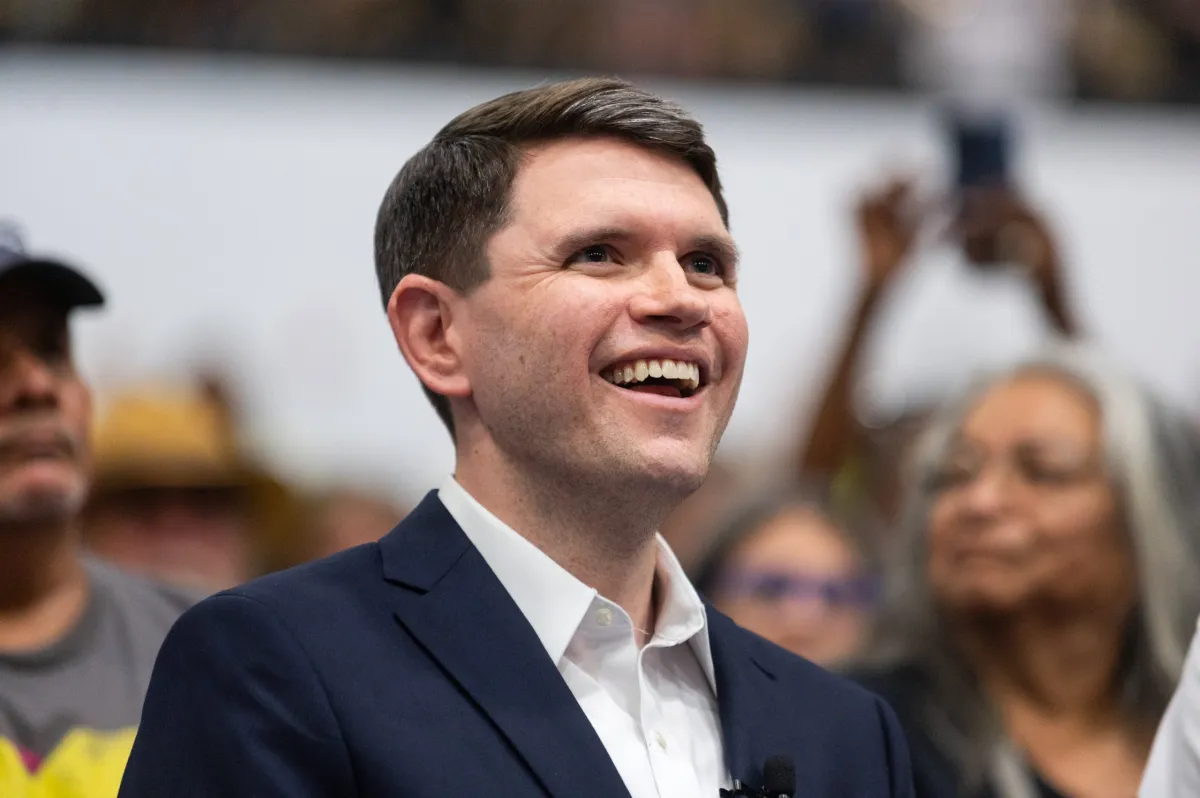Billionaire's 'Invisible Tax': Talarico Reveals How the Ultra-Rich Hike Your Grocery Bill
Texas Representative James Talarico’s warning that "Billionaires are using their wealth to rig our political system" resonates deeply because its effects aren't just abstract—they hit the average consumer’s wallet every single day. The single most impactful, relevant, and insightful financial angle for the general public isn't just about campaign finance; it's the direct cost to consumers resulting from 'Rent-Seeking'—a critical but often unseen economic phenomenon.
Understanding the Cost of 'Rent-Seeking' for Consumers
The crucial question every reader is asking is: "How does a billionaire buying a politician or a policy actually make my groceries or taxes cost more?"
The answer lies in the concept of Rent-Seeking. Economists define "rent-seeking" as the act of a company or wealthy individual using political influence (like lobbying, campaign donations, or Super PAC funding) to secure an economic advantage without creating new wealth or value for society. This differs from "profit-seeking," which comes from innovation or efficiency.
The Origin and Consequences for Your Wallet
Billionaires and the corporations they control invest billions in lobbying and political contributions to achieve specific policy outcomes. These outcomes are not generally beneficial for the consumer or the market; they are designed to give the benefactor an unfair edge.
- Tax Avoidance: A powerful corporation lobbies for specialized tax loopholes or lower effective corporate tax rates. While this saves the company billions, the lost revenue is often made up by the government through higher consumer taxes (like sales or consumption taxes) or cuts to public services the middle class relies on. Studies have shown a clear relationship between increased lobbying and a lower effective tax rate for the lobbying corporation.
- Regulatory Capture: Companies pay to block or weaken regulations designed to protect consumers, workers, or the environment. This might allow them to use cheaper, lower-quality materials, leading to products that are less safe or durable, or to avoid high costs like pollution control—all while keeping prices stable and maximizing their own profits. This forces the consumer to either pay more for a truly ethical or high-quality product or suffer the long-term consequences of poor standards.
- Barriers to Competition: Wealthy interests fund politicians who pass laws favoring incumbents, such as requiring unnecessary licenses or blocking new, disruptive technologies. This stifles competition, allowing established companies to charge monopoly prices that are higher than they would be in a truly free market. For instance, the pharmaceutical industry spends heavily to fight policies aimed at lowering drug costs, directly increasing the burden on American households.
The consequence is a system where wealth is extracted from the public through hidden, policy-driven costs rather than earned through competition. This dynamic negatively impacts economic growth and drives the widening wealth gap.
Actionable Insight: Tracking the Hidden Financial Signals
Given this reality, the average consumer can't lobby, but they can change their buying habits based on new financial intelligence.
Key Takeaway: Buy for Resilience, Not Just Price.
Stop blindly chasing the lowest price, as that is often a signal that a company has successfully offloaded its true costs onto the public (through tax breaks) or reduced its product quality (through regulatory loopholes).
- Monitor 'Anti-Consumer' Legislation: Pay attention to news about regulatory fights, especially those concerning tax policy, environmental standards, and market competition (like Big Tech or Pharma). If a company is spending millions to fight a consumer protection rule, consider it a red flag indicating they are trying to gain a rent-seeking advantage.
- Support Businesses Focused on True Value: Actively look for smaller, certified, or non-monopoly businesses that compete on quality, service, or genuine innovation, rather than those known for aggressive political spending. You can track this information through non-profit sources focused on political finance, using the search term 'money in politics consumer impact' to see which sectors are the worst offenders.
Understanding how politically connected wealth inequality functions as an invisible tax is the first step toward reclaiming your economic power. By being a more informed and discerning buyer, you participate in the democratic economy with your wallet, demanding real value over politically engineered pricing.














